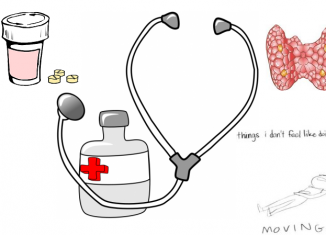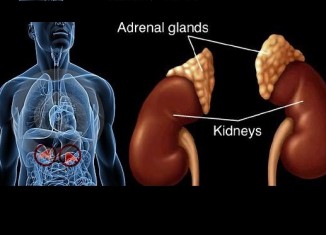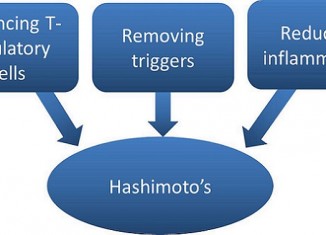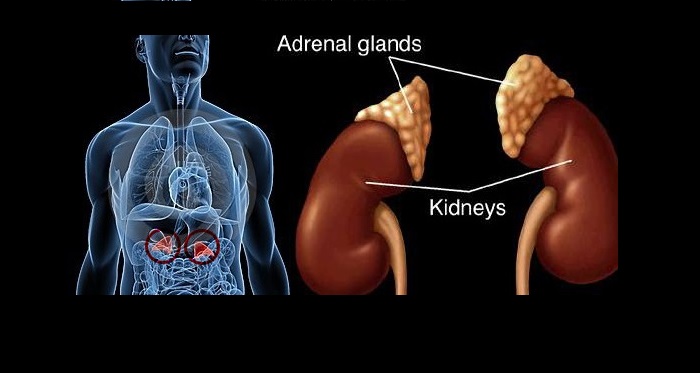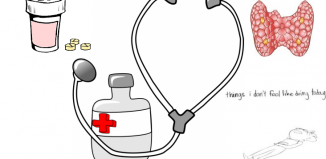Gluten intolerance has many secondary consequences. One of them is adrenal fatigue. Gluten intolerance causes a poor conversion of food to fuel which puts particular stress on the part of the body that requires a stable blood sugar level to function, the adrenal glands.
The adrenals participate in keeping a right balance between DHEA (DHEA is a natural steroid and precursor hormone produced by the adrenal glands), estrogen, testosterone and progesterone. This is necessary in order to avoid PMS and infertility. Besides, these hormones participate in regulating blood pressure, blood glucose level and in preventing dehydration.
When the adrenals are exhausted (e.g. when one is gluten intolerant), they can’t function optimally. They simply have to choose between producing sex hormones and supporting the basic body functions.
Common Causes of Adrenal Stress
- Anger
- Fear
- Worry
- Anxiety
- Depression
- Guilt
- Overwork
- Physical or mental strain
- Excessive exercise
- Sleep deprivation
- Light-cycle disruption
- Going to sleep late
- Surgery
- Trauma
- Injury
- Chronic inflammation
- Chronic infection
- Chronic pain
- Temperature extremes
- Toxic exposure
- Malabsorption
- Maldigestion
- Chronic illness
- Chronic-severe allergies (or celiac disease)
- Hypoglycemia
- Nutritional deficiencies
Associated Symptoms and Consequences of Impaired Adrenals
- Low body temperature
- Weakness
- Unexplained hair loss
- Nervousness
- Difficulty building muscle
- Irritability
- Mental depression
- Difficulty gaining weight
- Apprehension
- Hypoglycemia
- Inability to concentrate
- Excessive hunger
- Tendency towards inflammation
- Moments of confusion
- Indigestion
- Poor memory
- Feelings of frustration
- Alternating diarrhea and constipation
- Osteoporosis
- Auto-immune hepatitis
- Auto-immune diseases
- Lightheadedness
- Palpitations
- Dizziness that occurs upon standing
- Poor resistance to infections
- Low blood pressure
- Insomnia
- Food allergies
- PMS
- Craving for sweets
- Dry and thin skin
- Headaches
- Scanty perspiration
- Alcohol intolerance
Balancing Your Meals for Blood Sugar Control
To sustain good adrenal function it is important to control the blood sugar level by:
- Eating small meals or snacks every 3-4 hours
- Eating within the first hour after waking up
- Eating small snacks before going to sleep
- Eating before feeling hungry to avoid low blood sugar (hypoglycemia = stress on the adrenal glands).
Based on:
- ‘Adrenal Fatigue: The 21st Century Stress Syndrome’ by James Wilson and Jonathan V. Wright
- ‘The Gluten Effect’ by Vikki Petersen and Richard Petersen

